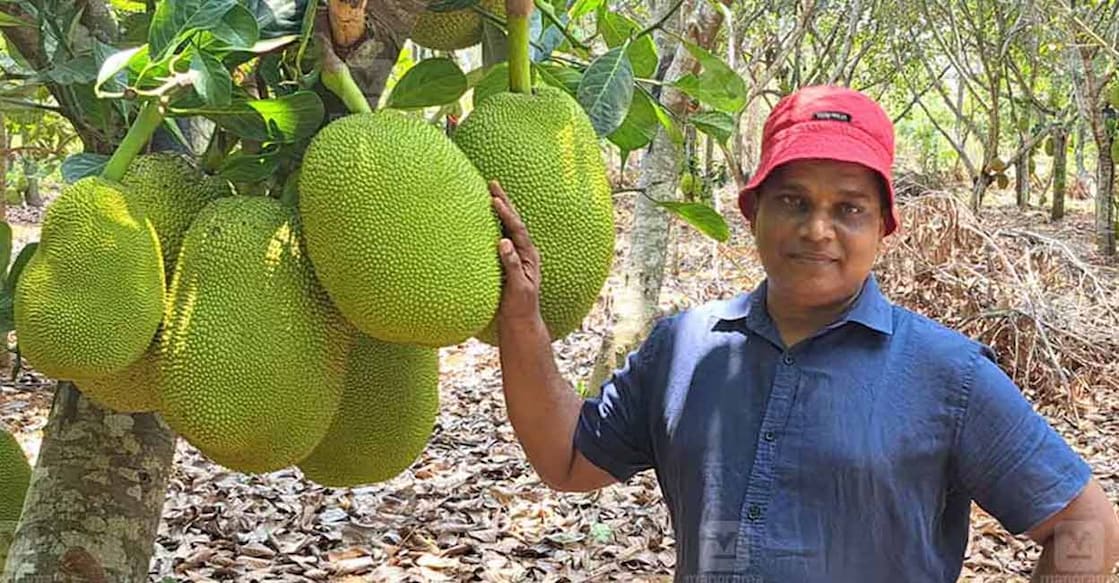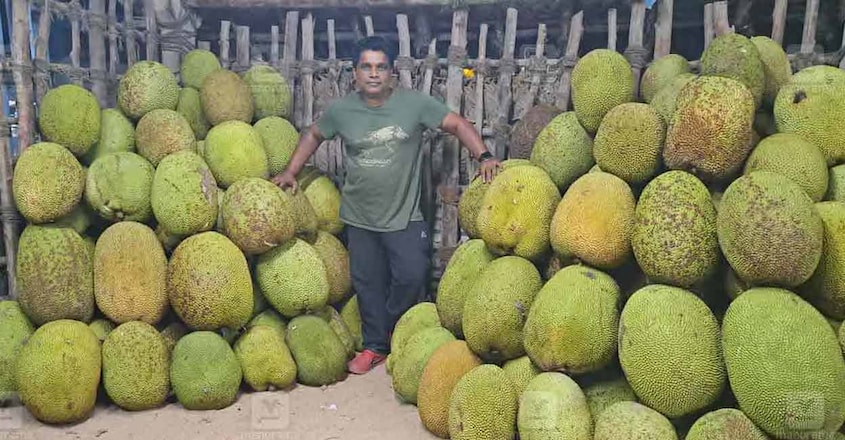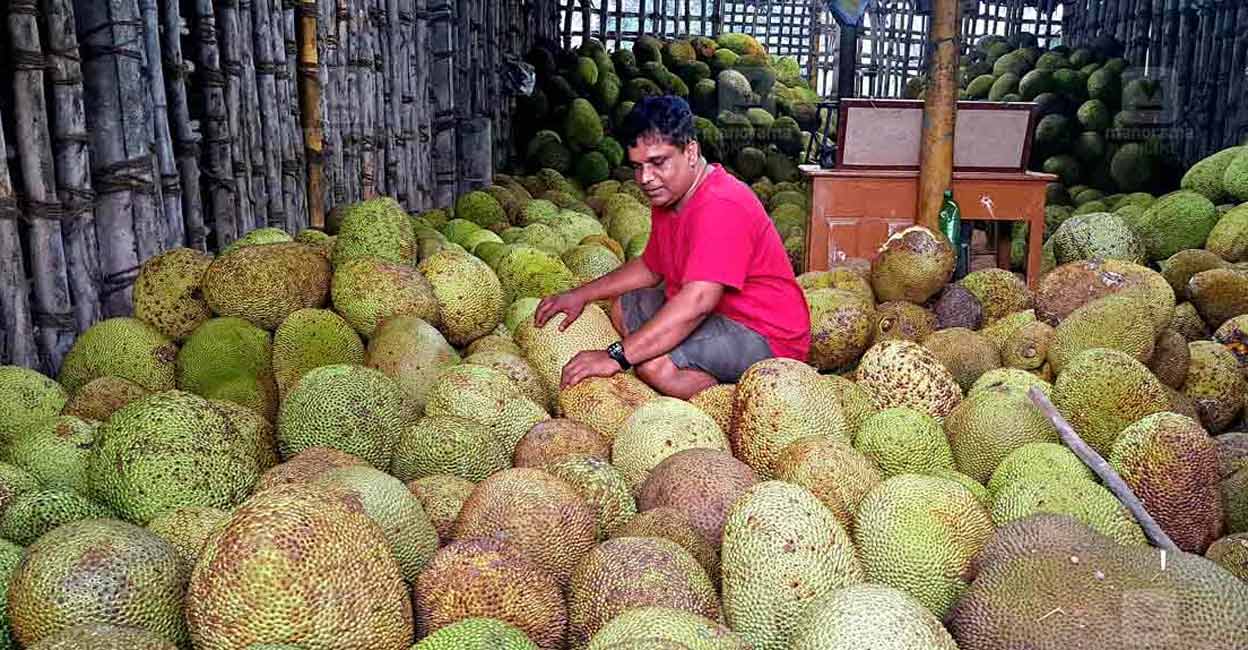This Kochi trader scripts success by exploring Kerala's untapped jackfruit potential

Mail This Article
R Ashok, a businessman from Palarivattom, Kochi, is one of the few in Kerala specialising in premium jackfruit. His recent major accomplishment was supplying jackfruit to all Lulu Malls in the UAE for their jackfruit festival (April 1-9, 2024), using a chartered flight. He ensured Kerala and Tamil Nadu varieties were included alongside those from other parts of the world.
Despite this success, Ashok believes Keralites haven't fully grasped the jackfruit's potential. He emphasises the importance of cultivating premium varieties and effective marketing to attract consumers. He notes that while there's significant potential in the Kerala market, high-quality jackfruit remains unavailable to consumers within the state.
Ashok's passion for jackfruit developed from childhood. His membership in "Chakkakkoottam," a jackfruit lovers' group, broadened his network and knowledge of various varieties, leading him to travel across Karnataka and Tamil Nadu to explore different types. He learned extensively from large-scale plantations in these states, noting that Tamil Nadu began large-scale cultivation three decades ago, while Kerala only recently started paying attention. He observes a lack of complete trust in jackfruit among Keralites.
Four years ago, Ashok entered the jackfruit export business after receiving inquiries about sending consignments abroad. Since then, he has supplied various varieties to customers in the UAE and other Indian states. This year alone, he's exported over 15 tonnes, sourcing from farmers in Kerala, Karnataka, and Tamil Nadu.

Ashok explains that "premium jackfruit" is a novel concept to many Malayalis, who often see it as simply a backyard tree with fruit that's often left to rot. This makes it difficult for them to accept the high price commanded by premium varieties. He stresses the importance of farmers with a long-term vision, focusing on specific varieties with desirable colour, taste, firmness, and smell, enabling traders to provide consistent quality to customers willing to pay a premium.
While acknowledging Malayalis' preference for traditional tastes, Ashok points out the challenges of exporting diverse varieties due to variations in shape, size, and taste. He procures jackfruit from numerous plantations, including those featured in 'Karshakasree' magazine, such as Dr Tennison's in Thrissur and Bijoy's in Kannur.
The high price of premium jackfruit (over ₹500) is another hurdle. This contrasts sharply with the low prices (₹30-40) in Kerala's local market. While a single jackfruit might sell for ₹30-40 in Kerala, a premium variety fetches ₹30-40 per kg for the farmer, resulting in over ₹500 for a 15kg fruit. He notes that some farms in Tamil Nadu and Karnataka sell jackfruit for ₹3,000-4,000.
Export-worthy varieties include Sindoor, Pathamuttom, Jack 1, J33, Cambodian honey jack, Muttom varikka, Chembarathi varikka, along with Karnataka natives like Singapore vada, Singapore varikka, Shankara, Siddhu, and Tumkur, and Tamil Nadu varieties like Rajarudraksha, Mahabhadri, Ashoka red, and Ashoka yellow.

Ashok urges Malayalis to recognise the potential of jackfruit farming, emphasising the high demand for good varieties. He highlights the example of Karthik from Irinjalakuda, who successfully markets jackfruit by sorting and packing different varieties separately.
There's high demand for jackfruit in other states, particularly North India, with consistent inquiries for tender jackfruit ('idichakka') and jackfruit powder. Ashok sells both the fruit and various processed products.

